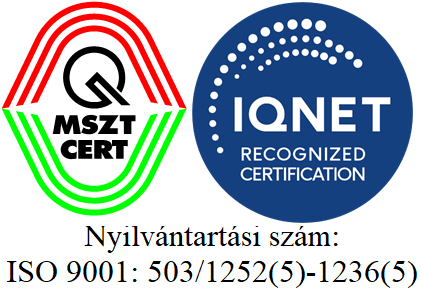News
Decision in principle of the Hungarian Parliament on the construction of new NPP unit(s) at Paks
2009.03.31
Members of the Hungarian Parliament approved a decision in principle - with 330 yes, 6 no and 10 abstention votes - that permits preparations for new unit(s) at the Paks NPP. According to the explanation to the resolution the preparations to the investment take at least 5 years, while the commissioning planning and implementation would require a minimum of six years thus the construction of a new nuclear unit will need 11 years at least. As the explanation states 73% of Hungarians support nuclear power generation in the country.
NUCLEAR EMERGENCY RESPONSE EXERCISE
2008.11.27
On 27 November 2008 the Paks NPP holds its annual nuclear emergency response exercise together with the following public administration organs: - Hungarian Atomic Energy Authority Emergency Response Organization (HAEA ERO), - Governmental Co-ordination Committee Operative Staff, - Governmental Co-ordination Committee Nuclear Emergency Response Working Group, - Governmental Co-ordination Committee Emergency Centre, - Tolna, Bács-Kiskun and Fejér County Defense Committees. The exercise is evaluated by centrally appointed evaluators.
Chairman of US NRC visited Hungary
2008.09.29
Dr. Dale E. Klein, chairman of the US Nuclear Regulatory Commission (US NRC) arrived in Hungary on 22 September for the invitation of dr. József Rónaky, Director General of the Hungarian Atomic Energy Authority (HAEA). On 23 September he had a meeting with dr. József Pálinkás, President of the Hungarian Academy of Sciences (HAS), then dr. Klein delivered a speech with the title „Nuclear renaissance” at the library hall of the HAS. In the afternoon he discussed current issues of common interest with the leading officials of the HAEA. On 24 September he visited the surface and undeground facilities of the National Radioactive Waste Repository in Bátaapáti to be opened officially on 6 October. The visit concluded by an international press conference. „Nuclear renaissance”



 ©HAEA - All rights reserved
©HAEA - All rights reserved